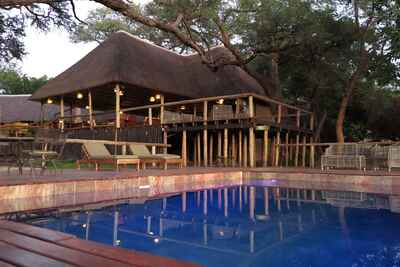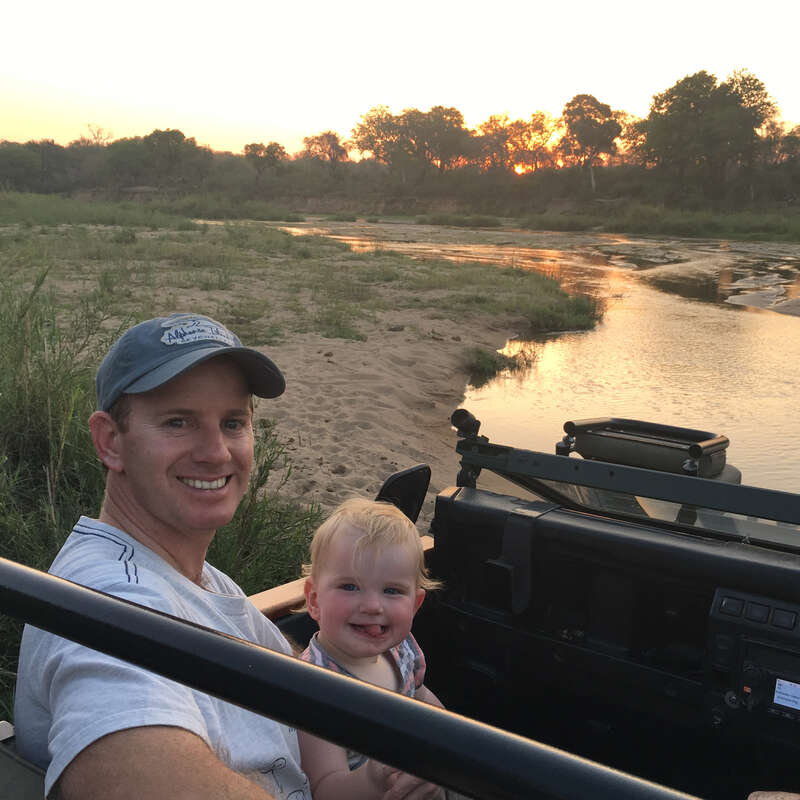About Elephant Valley Lodge
Elephant Valley Lodge stands in the heart of the Kasane Forest Reserve, south-east of Kasane.
The lodge's main draw is its lovely setting and its waterhole, which can be viewed from the lodge itself and some of the tented chalets, or from the hide built right next to it. This attracts a variety of antelope and also elephant, which often come to drink in the early mornings and evenings.
Whilst this is a lovely lodge in a beautiful setting, it would be best visited at the start of a safari to Botswana, and used as a place at which to just relax. Visitors should understand that compared to Botswana's private safari reserves, the game-viewing areas of northern Chobe can be busy; also, because the lodge is far from the national park, game drives need to get there and back before they can really start properly, and this can feel quite rushed.
Our view
Whilst this is a lovely lodge in a beautiful setting, it would be best visited at the start of a safari to Botswana, and used as a place at which to just relax. Visitors should understand that compared to Botswana's private safari reserves, the game-viewing areas of northern Chobe can be busy; also, because the lodge is far from the national park, game drives need to get there and back before they can really start properly, and this can feel quite rushed.
Accommodation
19 tents; 1 family
Children
Best for 10+
Open
All year
Activities

4WD Safari

Birdwatching

Boat trip

Fishing

Helicopter

Private activities
Traveller reviews of Elephant Valley Lodge
1 real, un-edited reviews from Expert Africa's travellers.
Arrived 21 Aug 2010, 2 nights
"Elephant Valley Lodge review"
Overall rating: Good
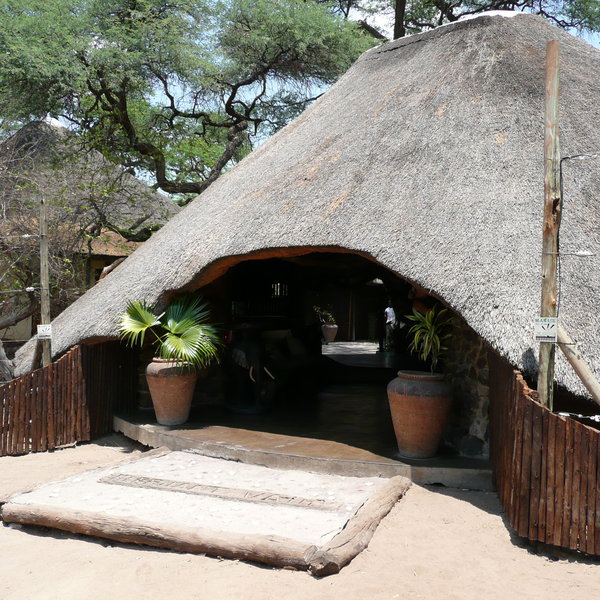
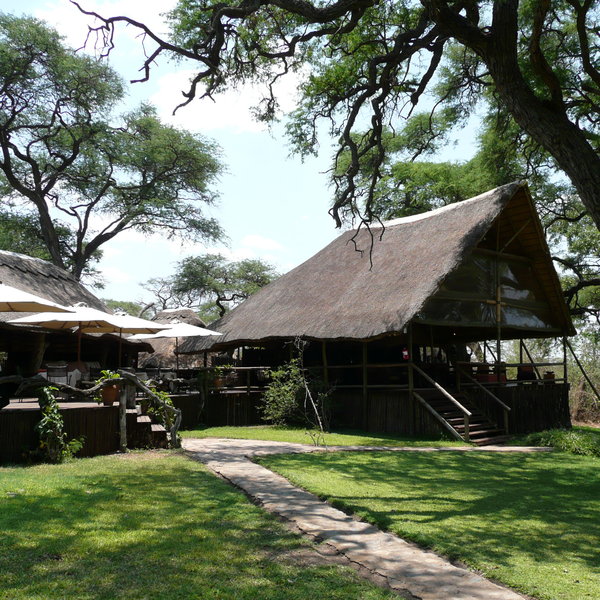
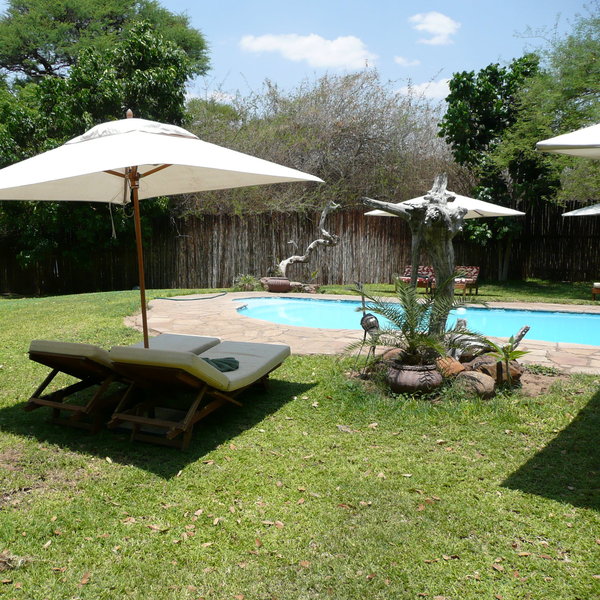
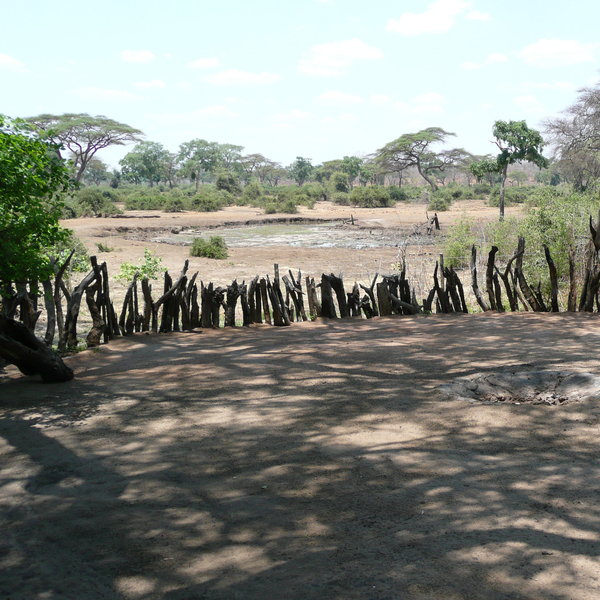
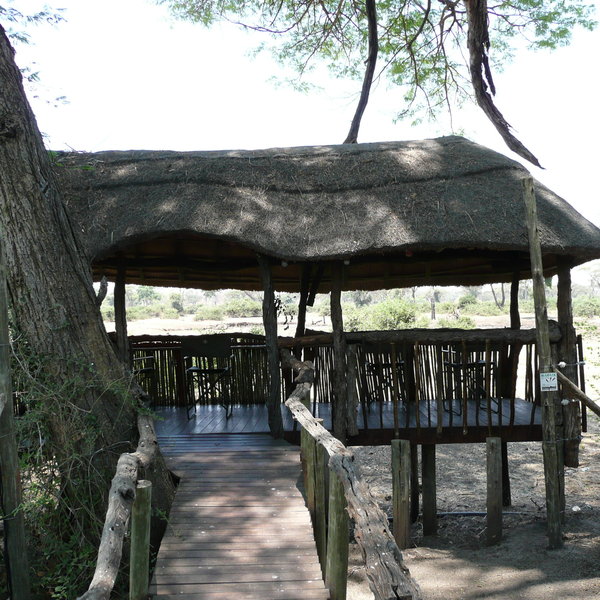
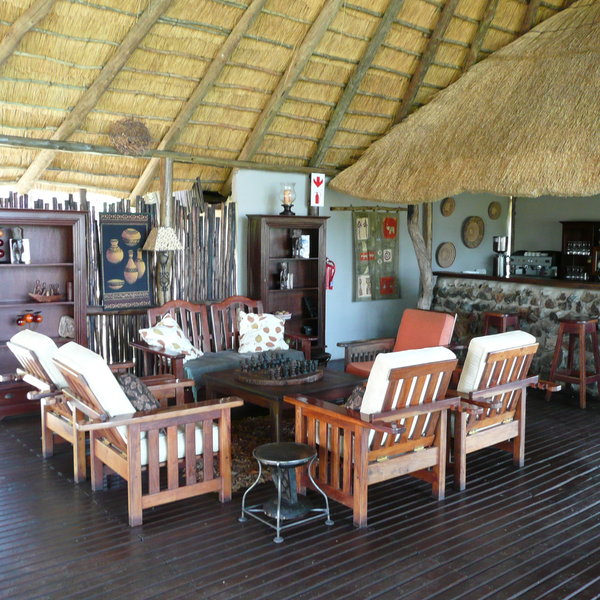
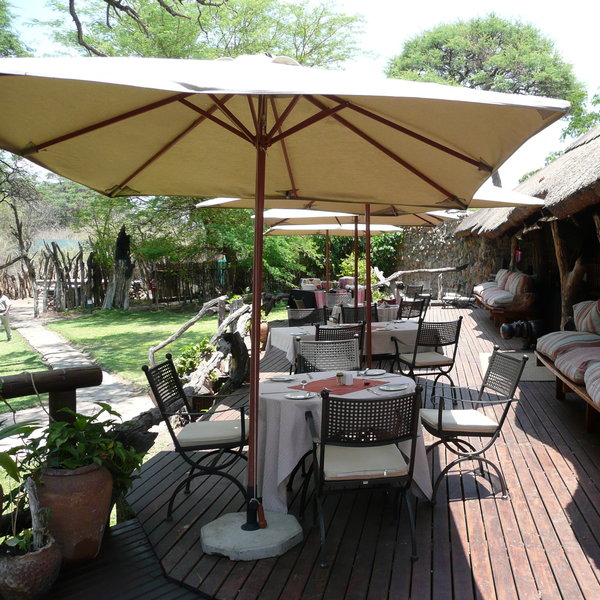
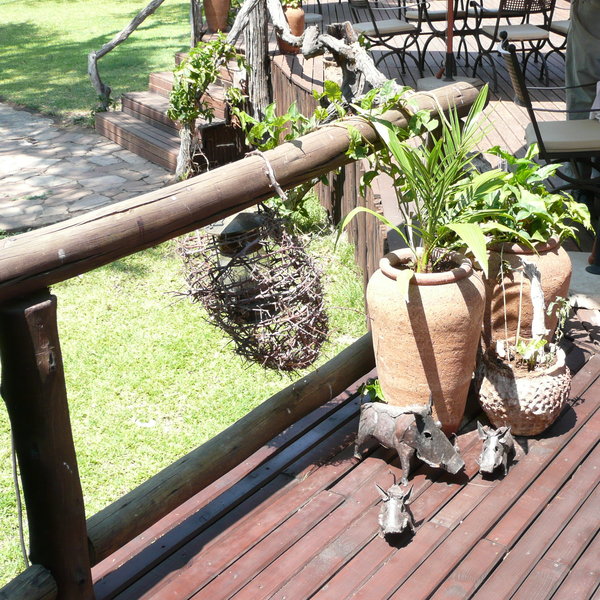
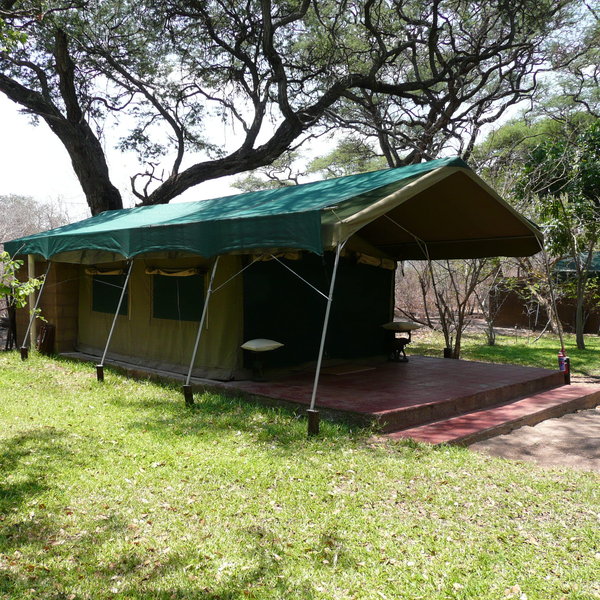
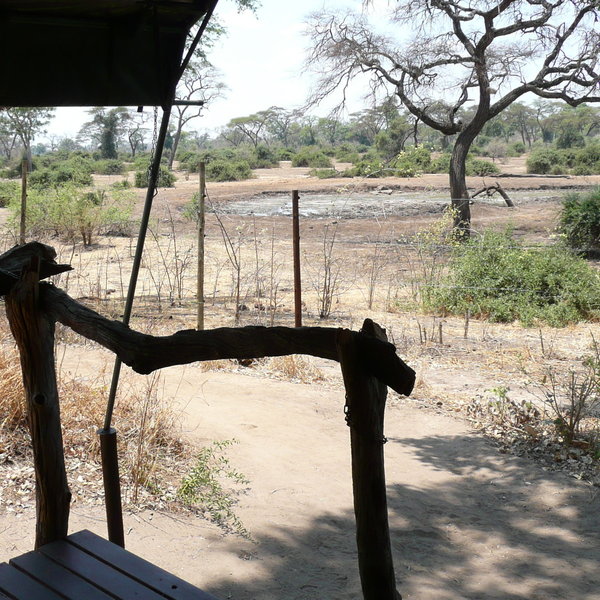
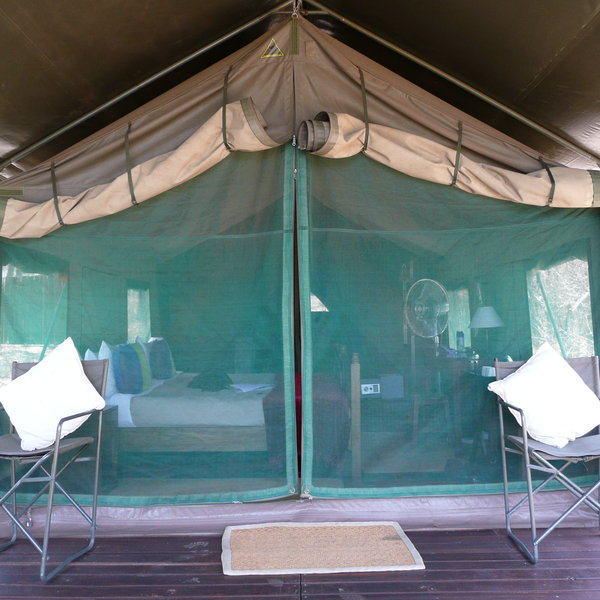
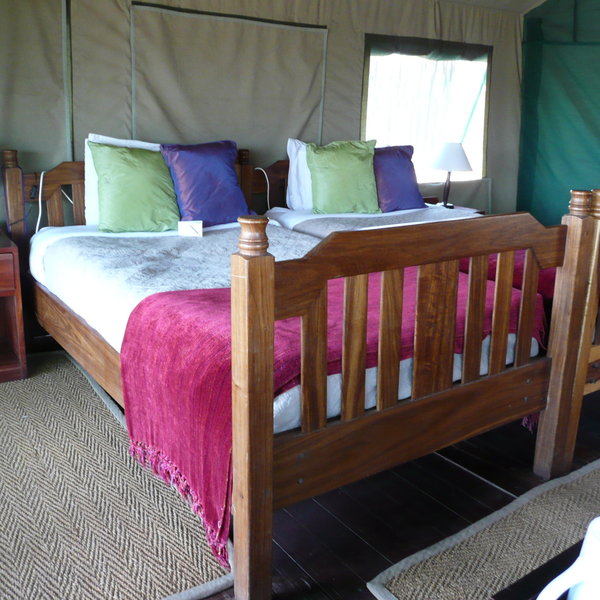
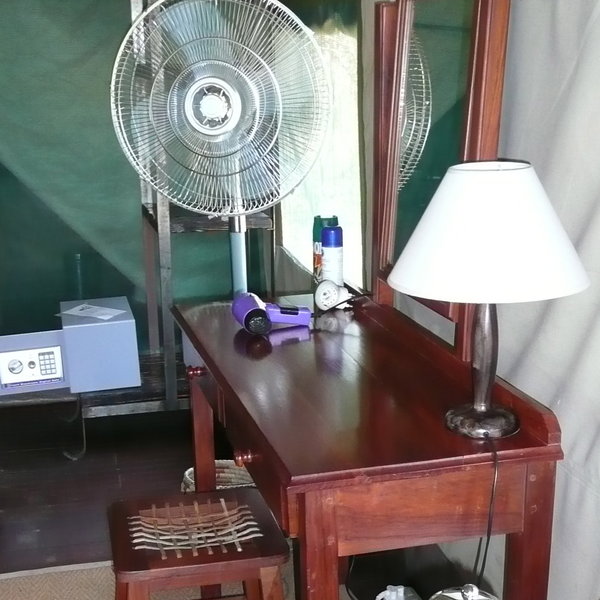
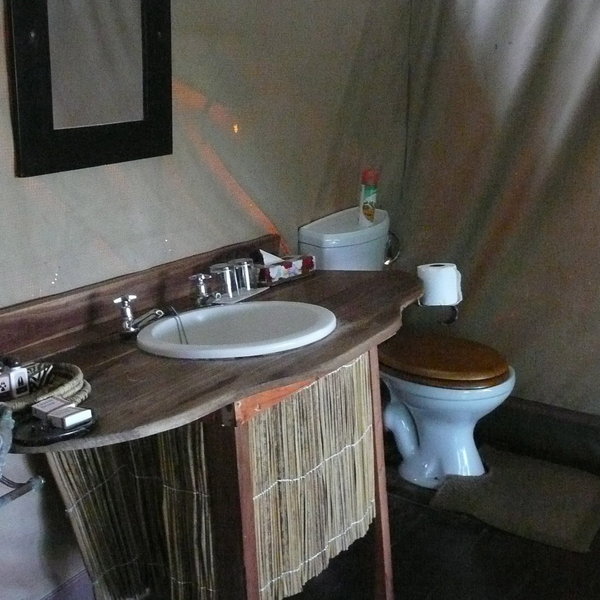
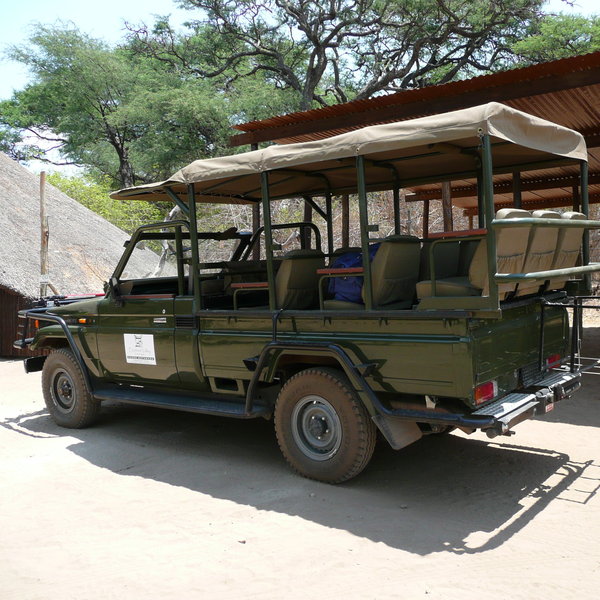
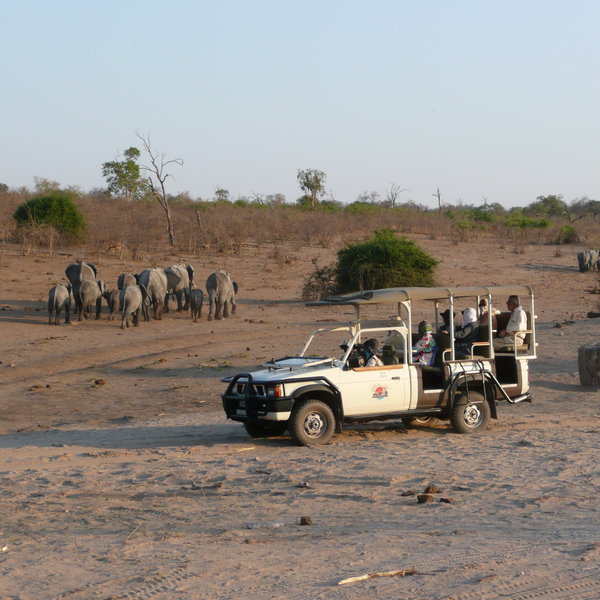
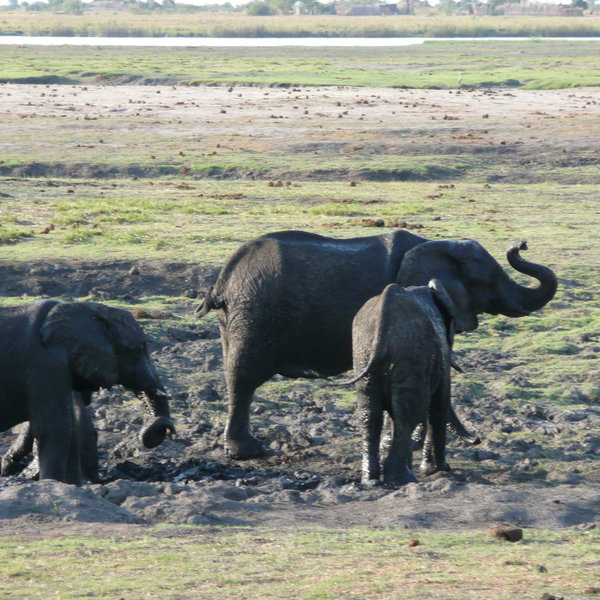
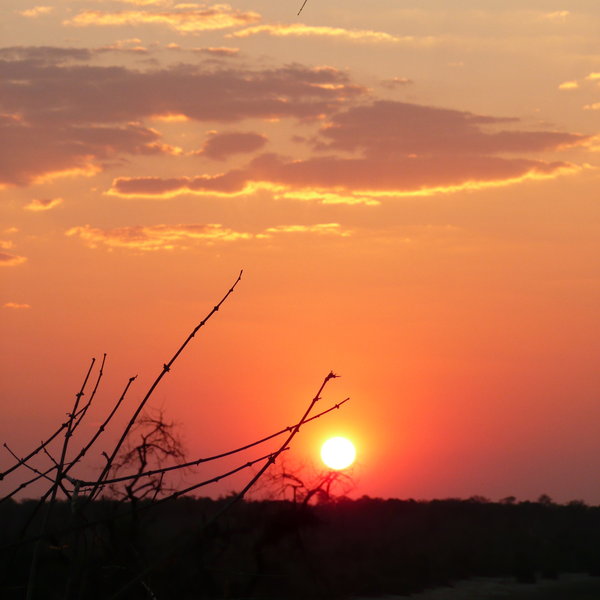
Expert Africa's gallery
When we travel we take lots of photos ourselves to give you a real and un-edited view of the safaris. See our 22 pictures of Elephant Valley Lodge to get the candid view.
View galleryElephant Valley Lodge: Our full report
Elephant Valley Lodge stands in the heart of the Kasane Forest Reserve, south-east of Kasane.
The lodge's main draw is its lovely setting and its waterhole, which can be viewed from the lodge itself and some of the tented chalets, or from the hide built right next to it. This attracts a variety of antelope and also elephant, which often come to drink in the early mornings and evenings.
The main lodge is a beautiful building with towering thatched ceilings, decorated with an array of traditional African artefacts. There is a comfortable lounge and bar area, and an adjacent dining room which offers indoors and outdoors tables. There are lovely lawns which stretch down to the waterhole, shaded by ancient acacia trees. You could sit for hours watching the variety of birdlife attracted by the bird bath and bird table. The lodge also has a nice swimming pool which provides welcome refreshment in the hot afternoons.
Elephant Valley Lodge's 20 tented rooms are spread throughout its grounds and linked by sandy pathways. Some overlook the waterhole, and some are located in shady gardens, near to the pool. Note that the perimeter of the camp has an electric fence to deter the many elephants that move through this area.
Activities at Elephant Valley Lodge focus on drives into the Chobe National Park and boating along the Chobe River. The lodge therefore offers morning cruises along the Chobe River and game drives in the park in the afternoons, complete with sundowner drinks on the banks of the river. The lodge generally does these in the opposite order to the other lodges and hotels in the area, to try and avoid the crowds.
It should be noted that it is a 40-minute drive from the lodge to the entrance of the Chobe National Park, and much of the drive is along a bumpy sandy track through the Kasane Forest Reserve. Each safari vehicle has ten seats and takes a maximum of ten passengers.
Game-viewing from Elephant Valley Lodge can feel a bit rushed in comparison to the private reserves, where the safari starts the moment that you leave the lodge. Also note that the guides here are constrained by the park opening hours (dawn to dusk) – and park rules forbid driving off-road, driving at night in the park, and walking safaris.
Activities
4WD Safari
Birdwatching
Boat trip
Fishing
Helicopter
Private activities
Families & children
- Attitude towards children
- Children from 2 years of age are welcomed.
- Property’s age restrictions
- 2 years and over.
- Special activities & services
- The lodge can arrange high chairs and baby-sitting on request.
- Generally recommended for children
- For children of 10 years and over.
- Notes
- Although the camp's perimeter is fenced, children will need constant and close supervision by adults.
Food & drink
- Usual board basis
- Full Board & Activities
- Food quality
- When we last visited we felt that the food at this lodge was a step down from most of the other lodges and camps we have visited in Botswana, and it had a slightly school-dinners feel to it. All meals are served buffet style.
The lunch buffet comprised fish fingers, stuffed pita bread, a selection of salad, coleslaw, and bread.
At dinner, we were served mushroom soup to start, followed by an overcooked selection of meat (kudu, lamb or chicken), and mixed vegetables, which were actually very good and not at all overcooked!
For pudding we were served lemon cake with custard. - Dining style
- Individual Tables
- Dining locations
- Indoor and Outdoor Dining
- Further dining info, including room service
- No
- Drinks included
- Except for when you are on game drives and boat trips, drinks are extra (including bottled water).
Getting there
- Location
- Chobe National Park, Botswana
- Ideal length of stay
- 2 nights
- Directions
- It's 20 minutes by vehicle from Kazungula; 35 minutes from Kasane and a 40-minute drive from the lodge to the entrance gate to Chobe National Park.
- Accessible by
- Self-drive or Fly-and-Transfer
Communications
- Communications
- Free internet is available from the main lodge.
The area has variable mobile reception.
It is possible to use the lodge's telephone at additional cost. - TV & radio
- No
Health & safety
- Malarial protection recommended
- Yes
- Medical care
- There is always someone who is first-aid trained on site. The closest doctor is in Kasane, which is 35 minutes away by road.
- Dangerous animals
- High Risk
- Security measures
- The lodge employs day and night watchmen. There are whistles in the rooms which can be utilised in case of emergency.
- Fire safety
- There are fire extinguishers outside each room, and in the common areas.
Useful info
- Disabled access
- Not Possible
- Laundry facilities
- Full Laundry Service - Included
- Money
- The lodge accepts any major currency. There are electronic safes in the rooms.
- Accepted payment on location
- Only Mastercard and Visa are accepted (no commission is payable).
Plan and book your trip with Expert Africa
All of our trips are tailor-made, so we'll always adapt them to suit you. Talk to an Expert and let us plan and arrange your perfect trip.

Talk to an Expert
Call or email us now! We’ll match you with the Specialist in our team who is best suited to help you. Then together we can start planning your trip.

Set up your itinerary
Based on our experience and your ideas, your specialist will create a detailed, costed itinerary. We’ll refine it together, until we have a trip that you’re perfectly happy with.

Prepare for your trip
The same Specialist will make the seamless arrangements for your trip, send you detailed travel documents, and be available to answer any questions before you depart.

Travel with peace of mind
After you set off, you’ll be cared for by our partners in Africa, most of whom have worked with Expert Africa for decades. And if you ever need us urgently, we’re available 24/7.

When you return
We love to learn about your trip, and so will always be grateful if you’ve the time to give feedback to your Specialist when you return.
Elephant Valley Lodge's location
Look closer at the environment and surroundings of Elephant Valley Lodge.
Excursions from Elephant Valley Lodge
Optional extra day-trips and excursions possible whilst you're staying at Elephant Valley Lodge. Talk to us: these are usually best arranged before you go.
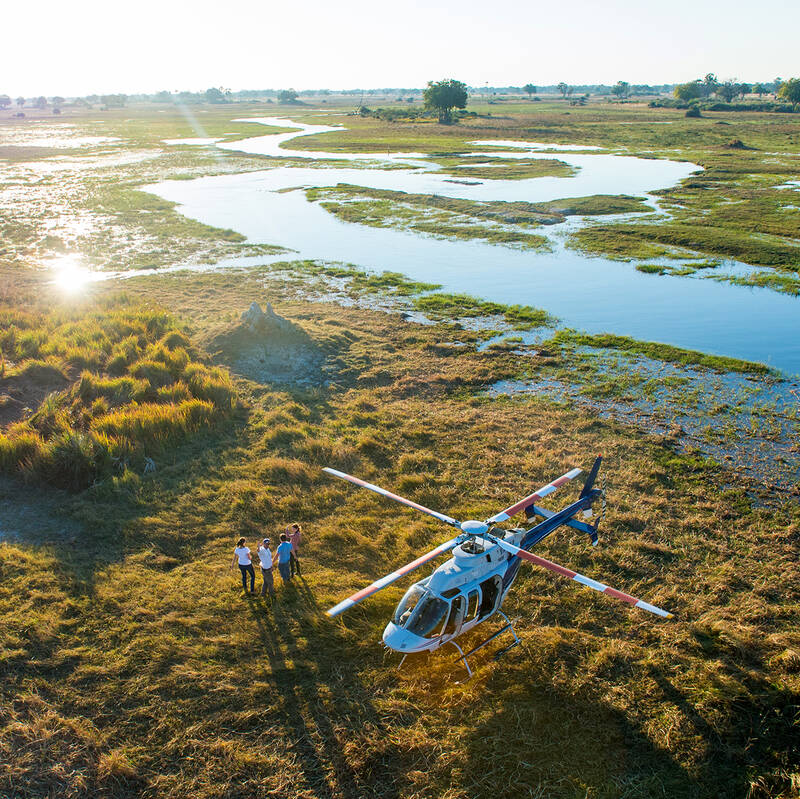
Helicopter Flight - Botswana
Various: from 30 minutes to half a day.
Low-flying, agile and offering superb views, helicopters are an ideal way to move around the Okavango Delta.You can use them instead of fixed-wing inter-lodge transfers or as an addition to other wildlife watching activities, and of course, helicopters can hover to allow that perfect pic, whereas fixed-wings can’t.
More about Helicopter FlightOther lodges in Chobe National Park
Alternative places to stay in this same area.
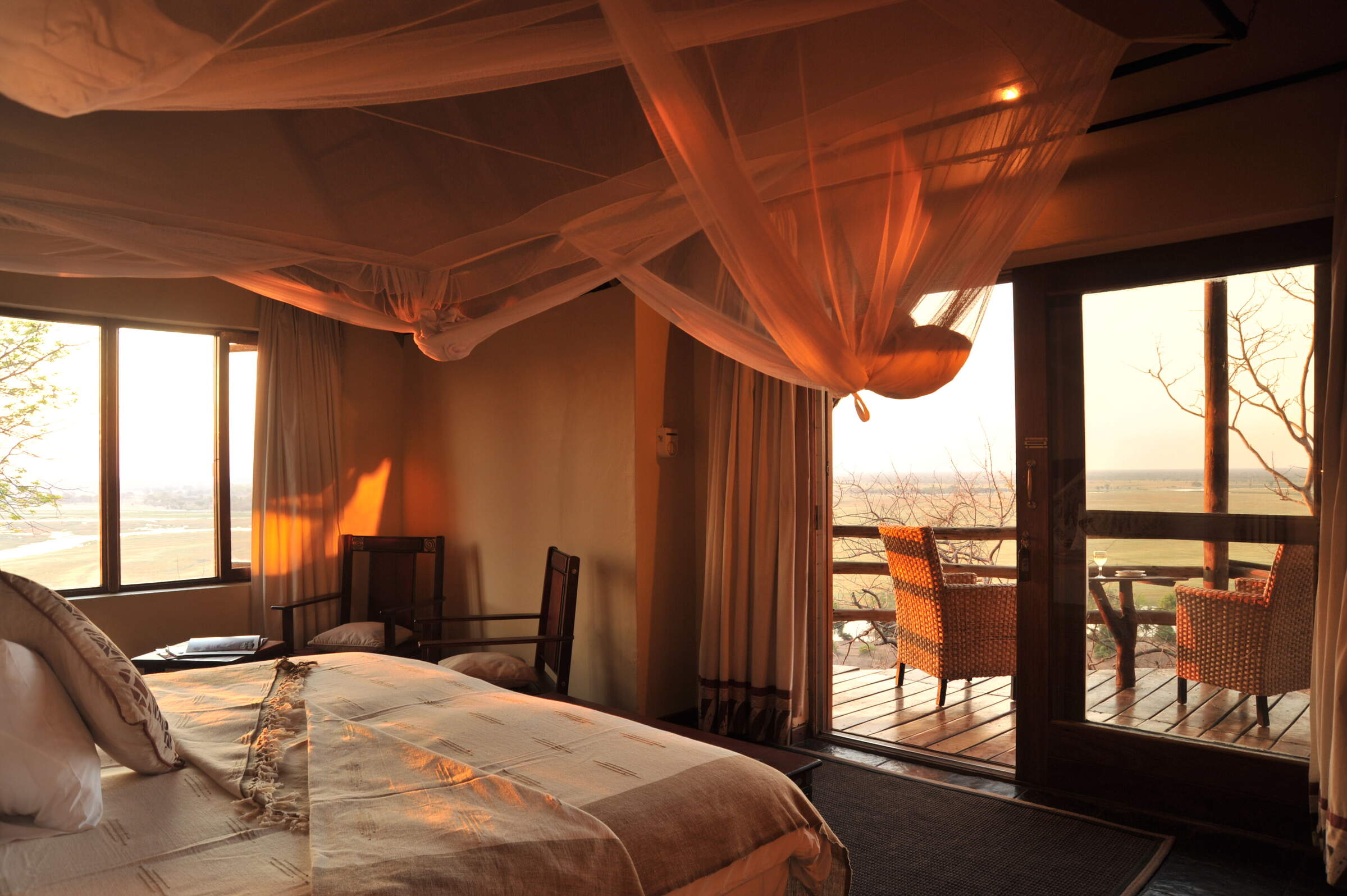
Muchenje Safari Lodge
One of our favourites in the area, Muchenje is a small, welcoming lodge at the quieter, western end of the Chobe Riverfront.
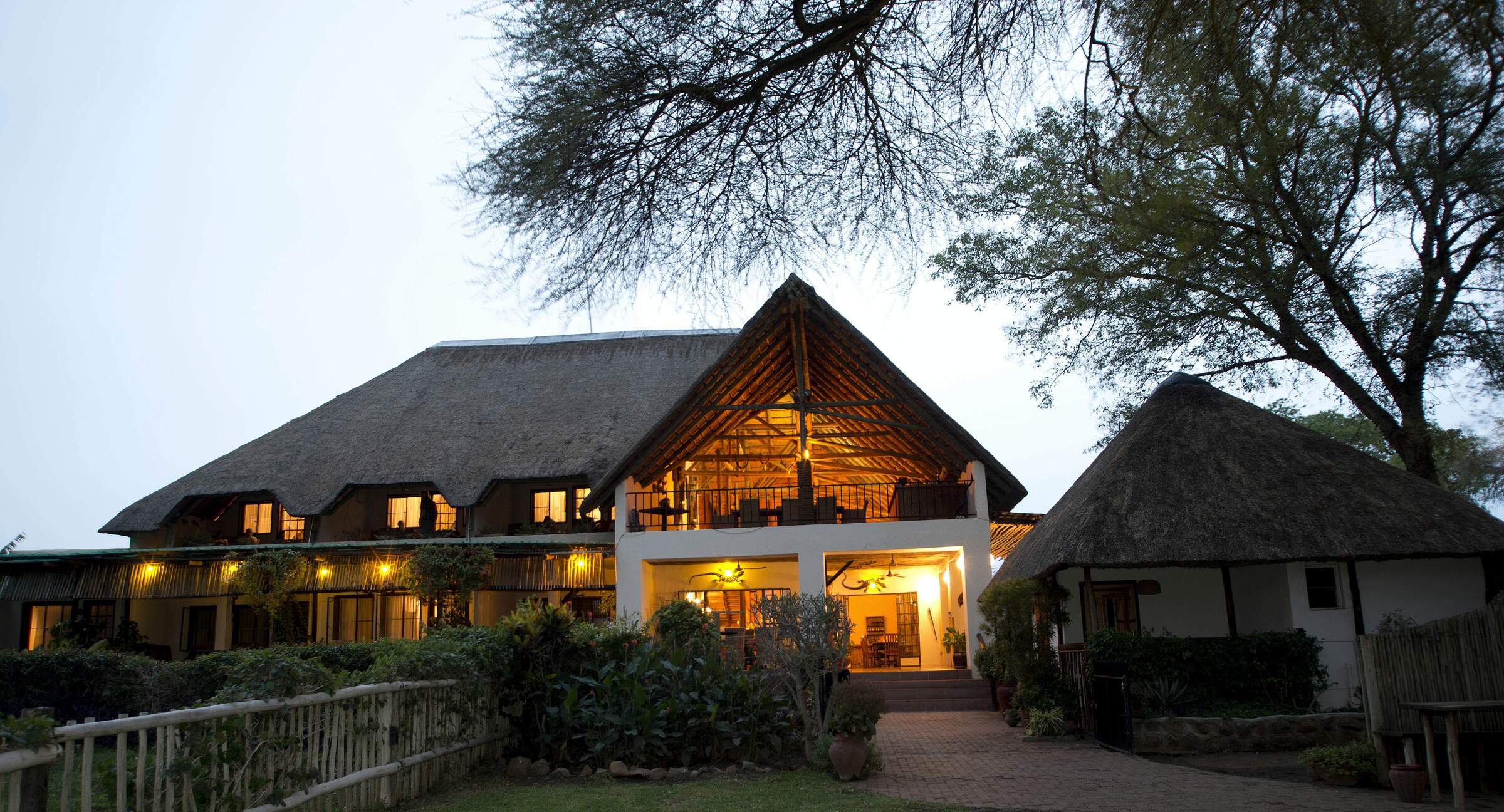
Chobe River Lodge
Overlooking the Chobe River, the intimate Chobe River Lodge is a haven of tranquillity away from the bustle of Kasane.
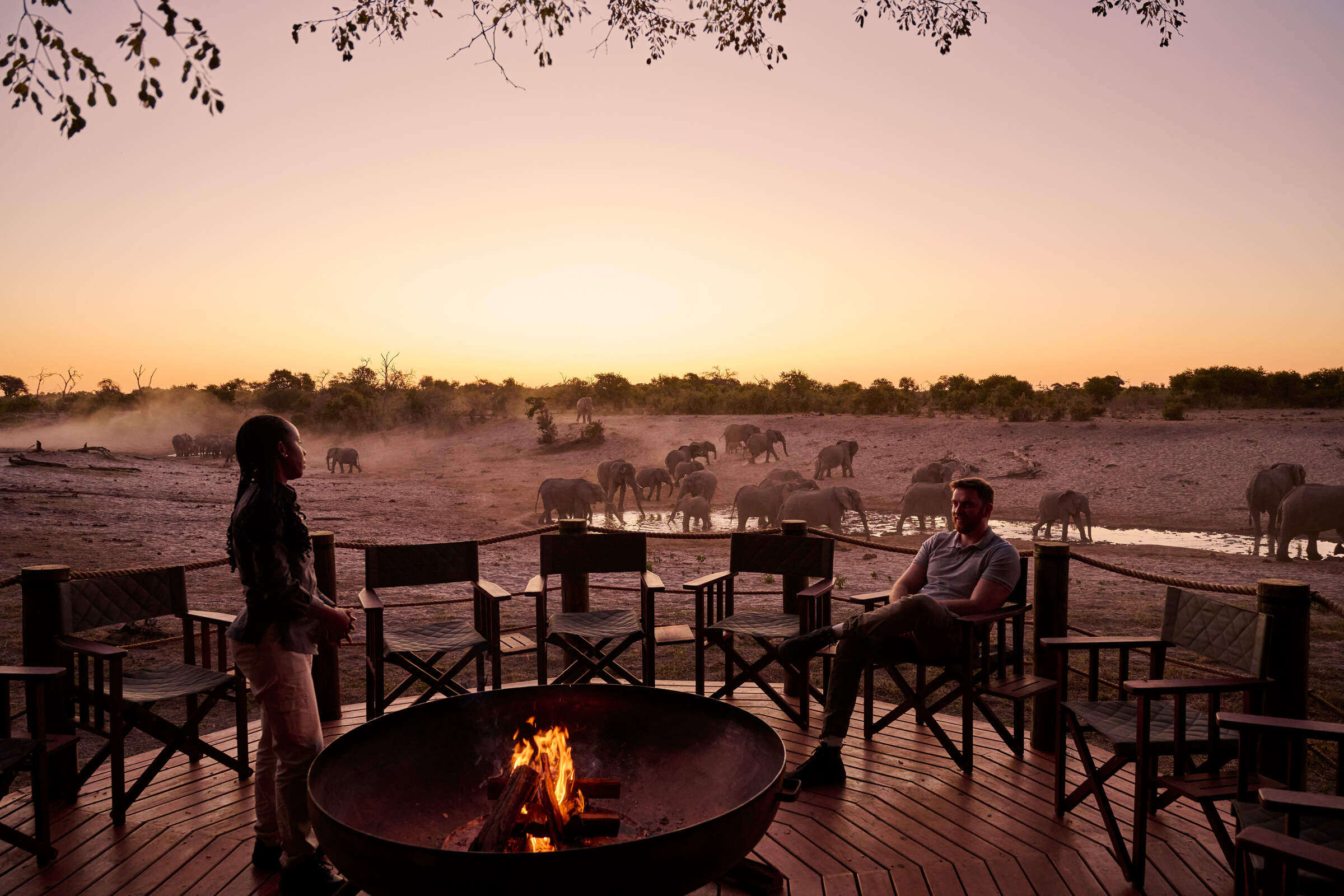
Savute Safari Lodge
Savute Safari Lodge sits on the banks of the Savuti Channel within Chobe National Park, and offers access to excellent game viewing, especially during the dry season.
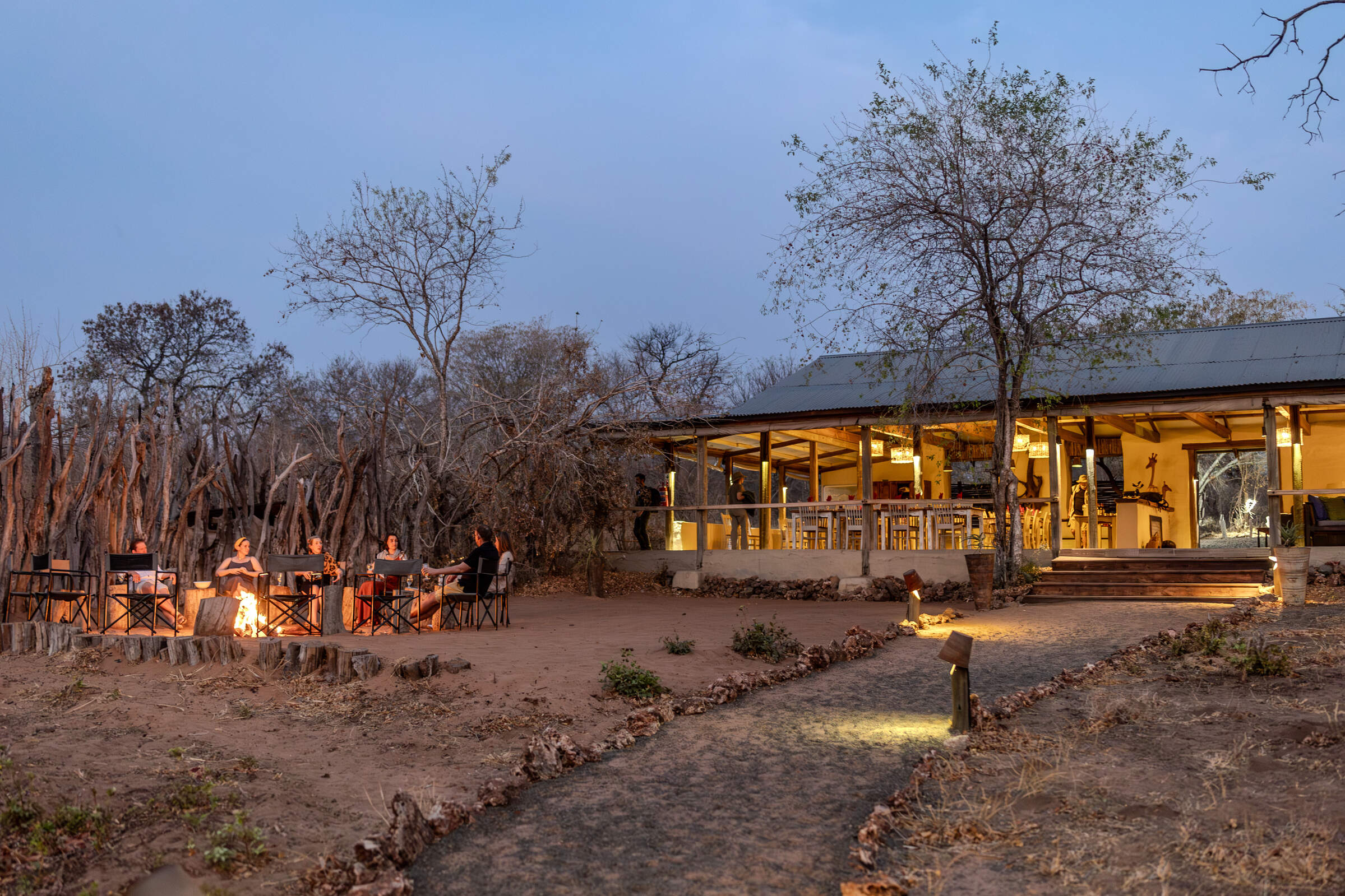
Chobe Elephant Camp
Located in one of our favorite areas of Chobe National Park, Chobe Elephant Camp is a simple but well-appointed camp with a strong bush feel.
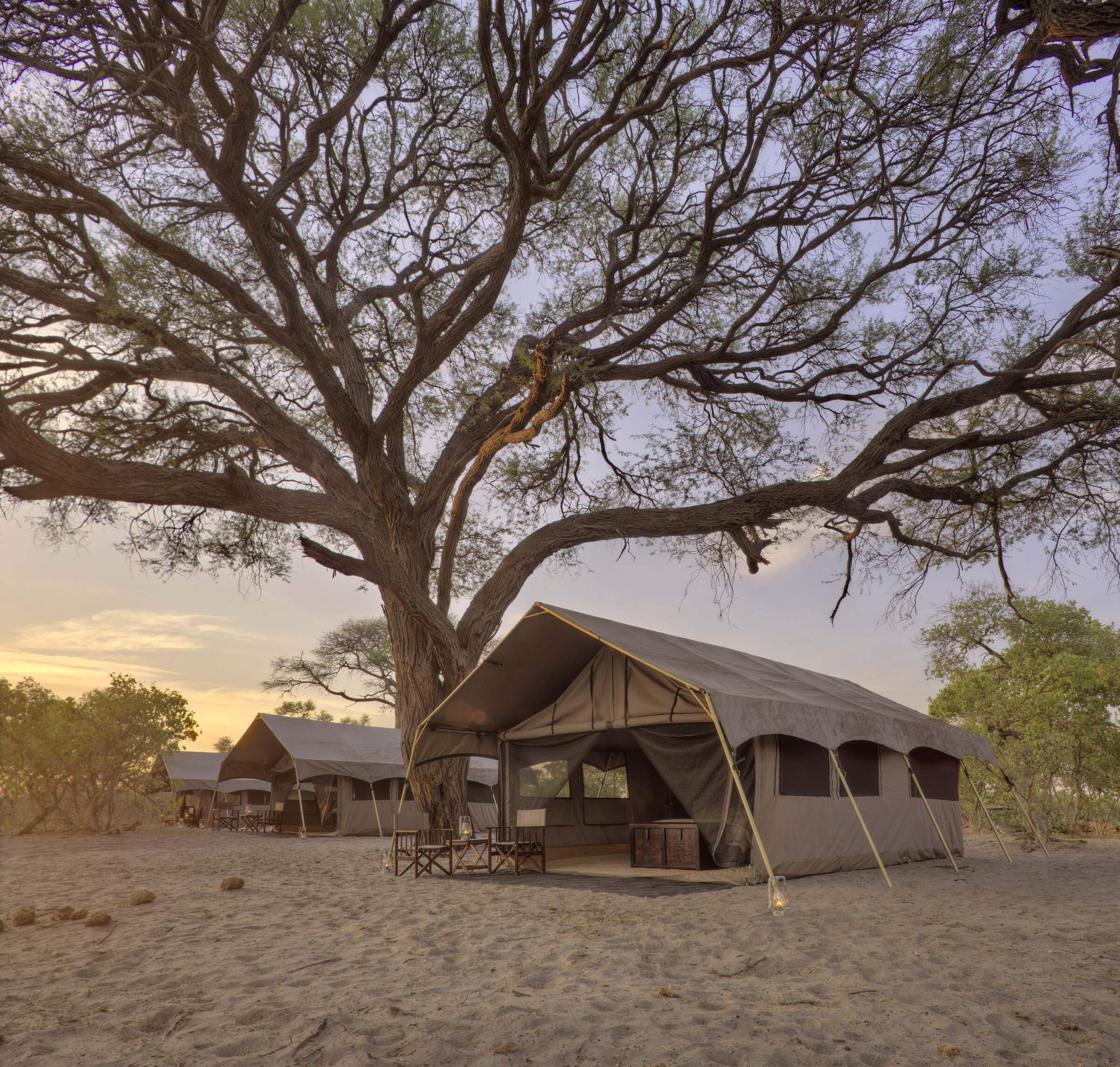
Savute Under Canvas
A mobile camp with the comforts of a semi-permanent tented camp, Savute Under Canvas offers guided game drives within the Savuti region of Chobe National Park.
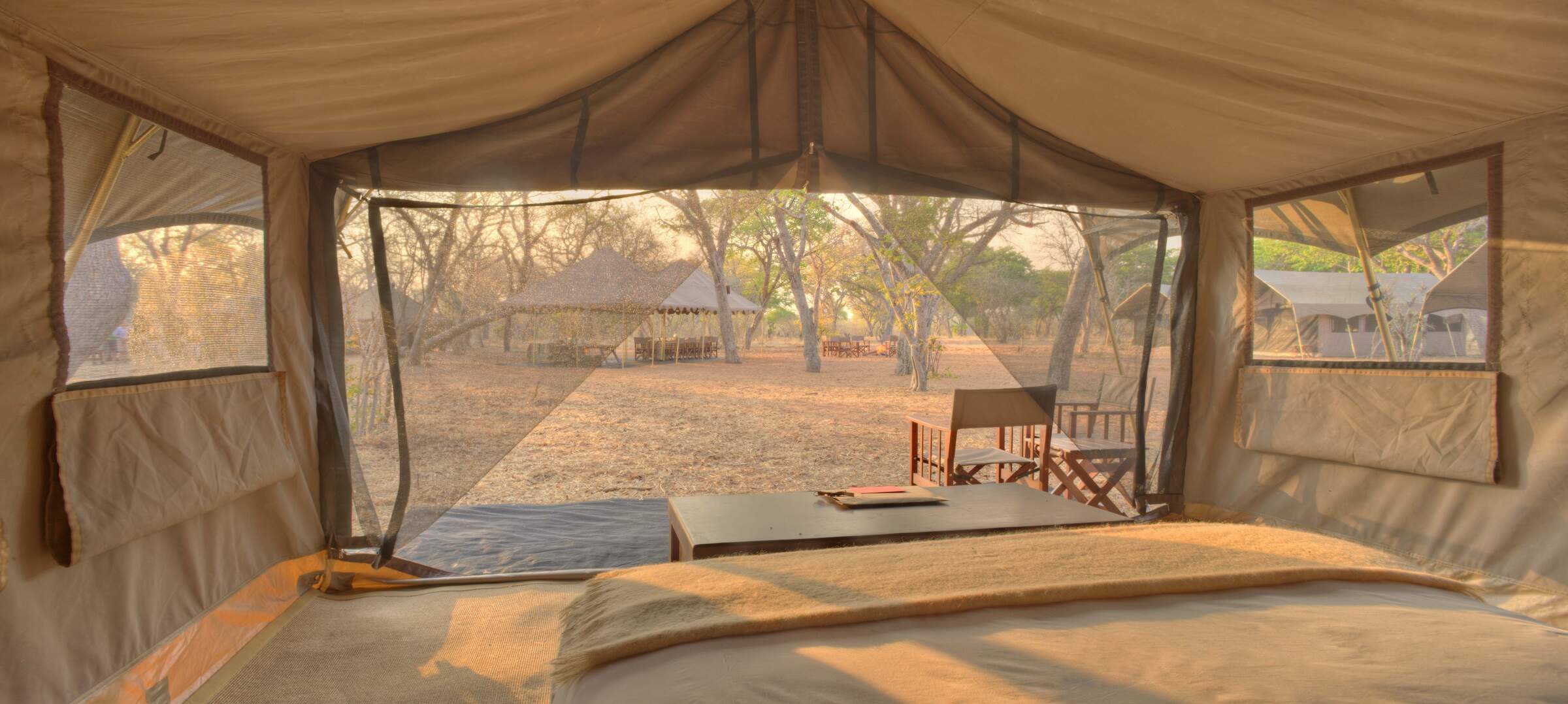
Chobe Under Canvas
This is a typical location for Chobe under Canvas, a small, semi-permanent camp in the Chobe Riverfront area that offers good value for money and high standards of care.
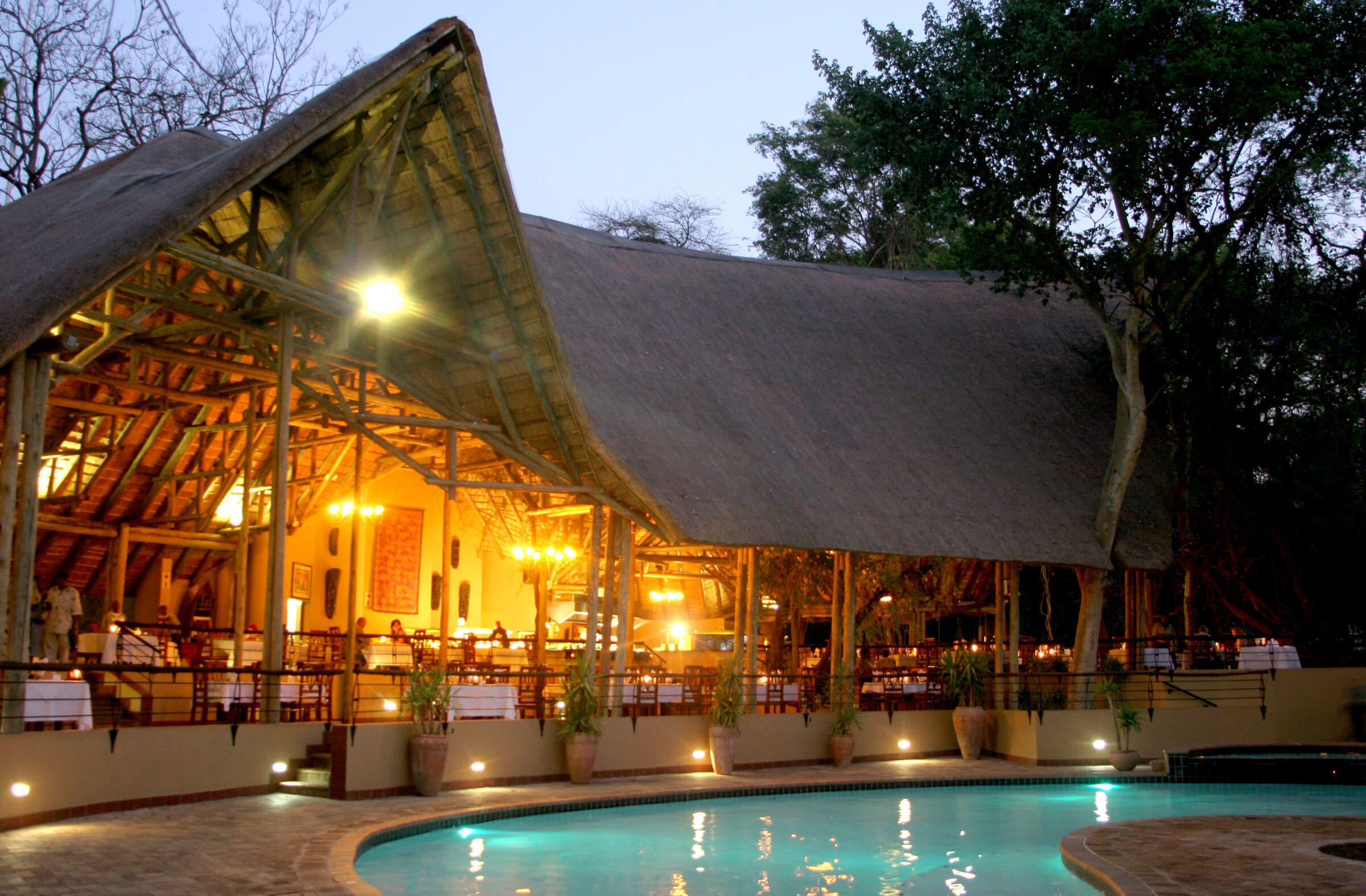
Chobe Safari Lodge
Chobe Safari Lodge is a good value, hotel-style lodge in the heart of Kasane offering game drives, boat cruises and fishing trips.
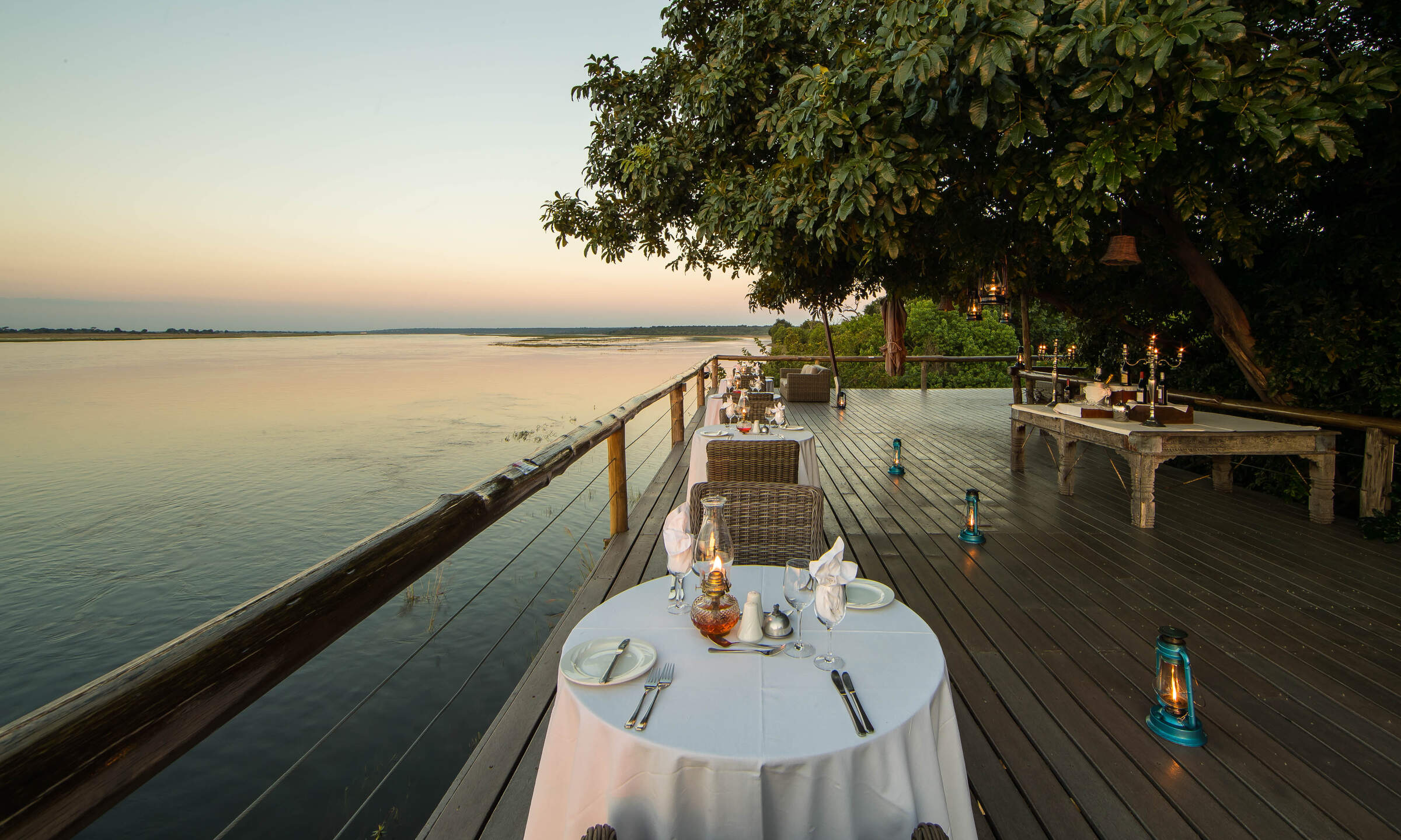
Chobe Game Lodge
Chobe Game Lodge occupies an enviable riverfront location within Chobe National Park and boasts well-earned 'eco' credentials, as well as an excellent all-female guiding team.
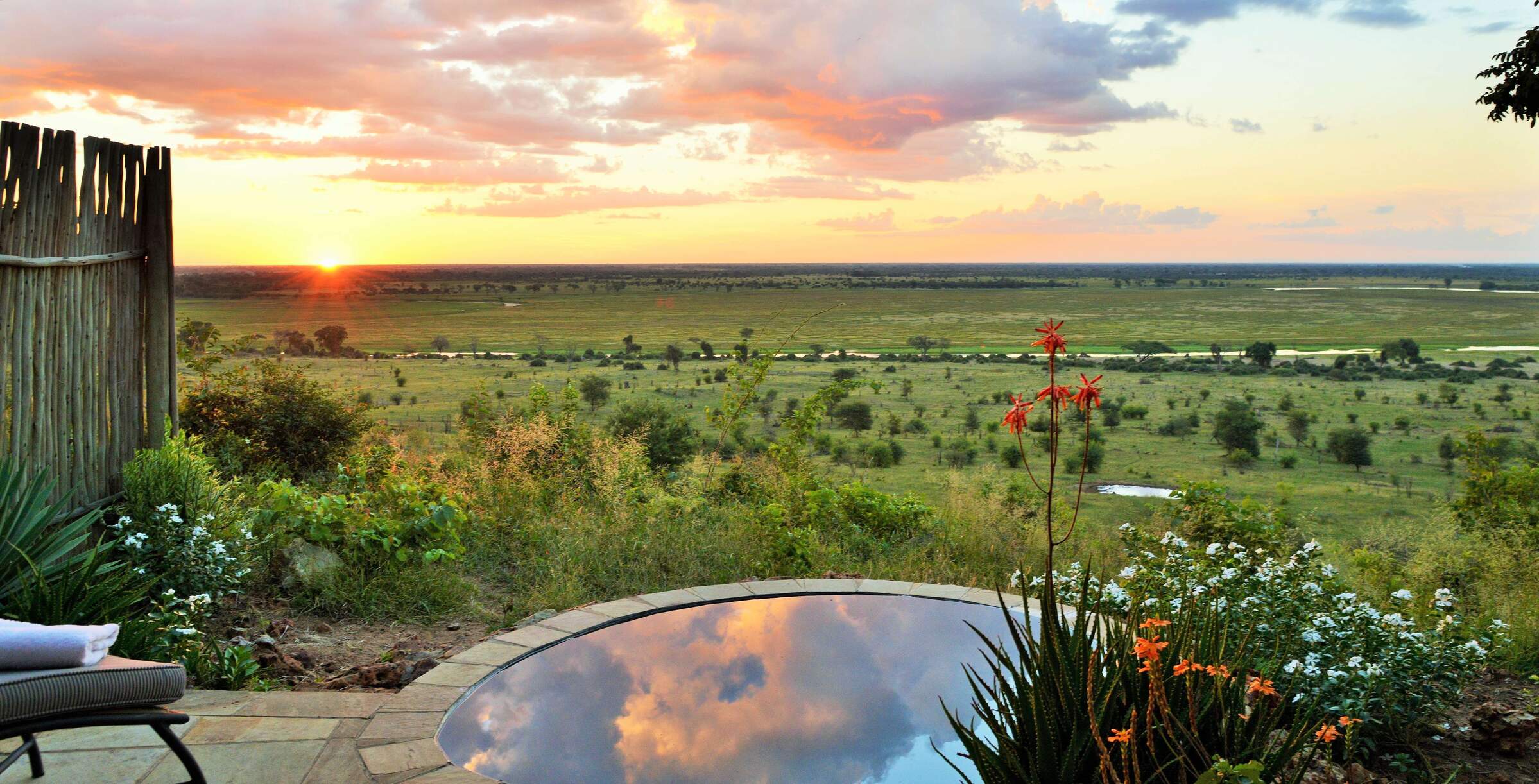
Ngoma Safari Lodge
With sweeping views across the floodplains of the Chobe River, Ngoma offers superb food and flexible safari activities.
Closed for refurbishment 5 Jan - 28 March 2026
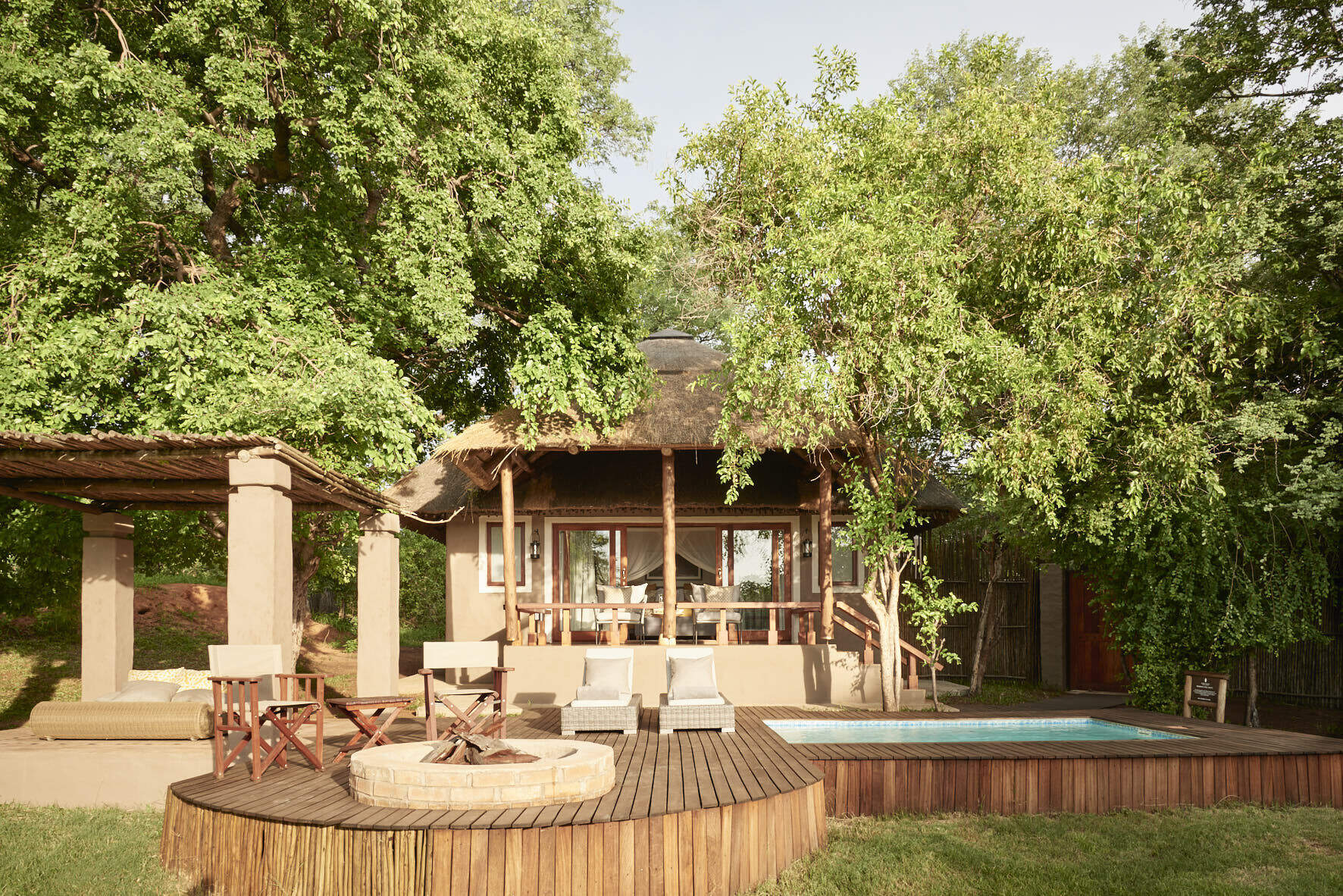
Chobe Chilwero
On the periphery of Chobe National Park, Chobe Chilwero offers luxurious surroundings and excellent food, which complement superb game viewing on game drives and boat trips.
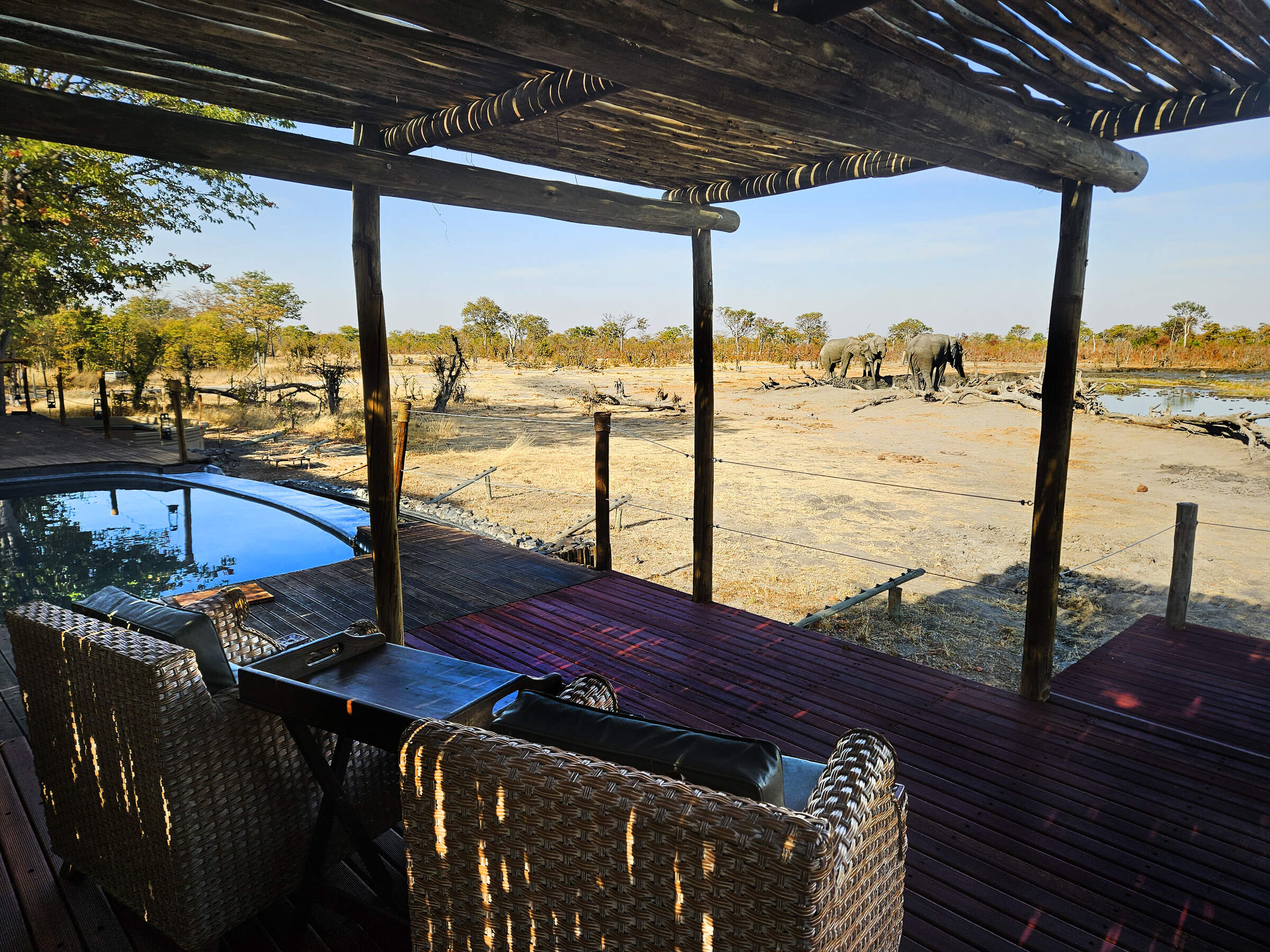
Camp Kuzuma
Camp Kuzuma sits in the Kazuma Forest Reserve and is an excellent place to see elephant in particular. Away from the busier riverfront area of Chobe National Park this camp offers a luxurious base form which to explore this less visited region of northern Botswana.
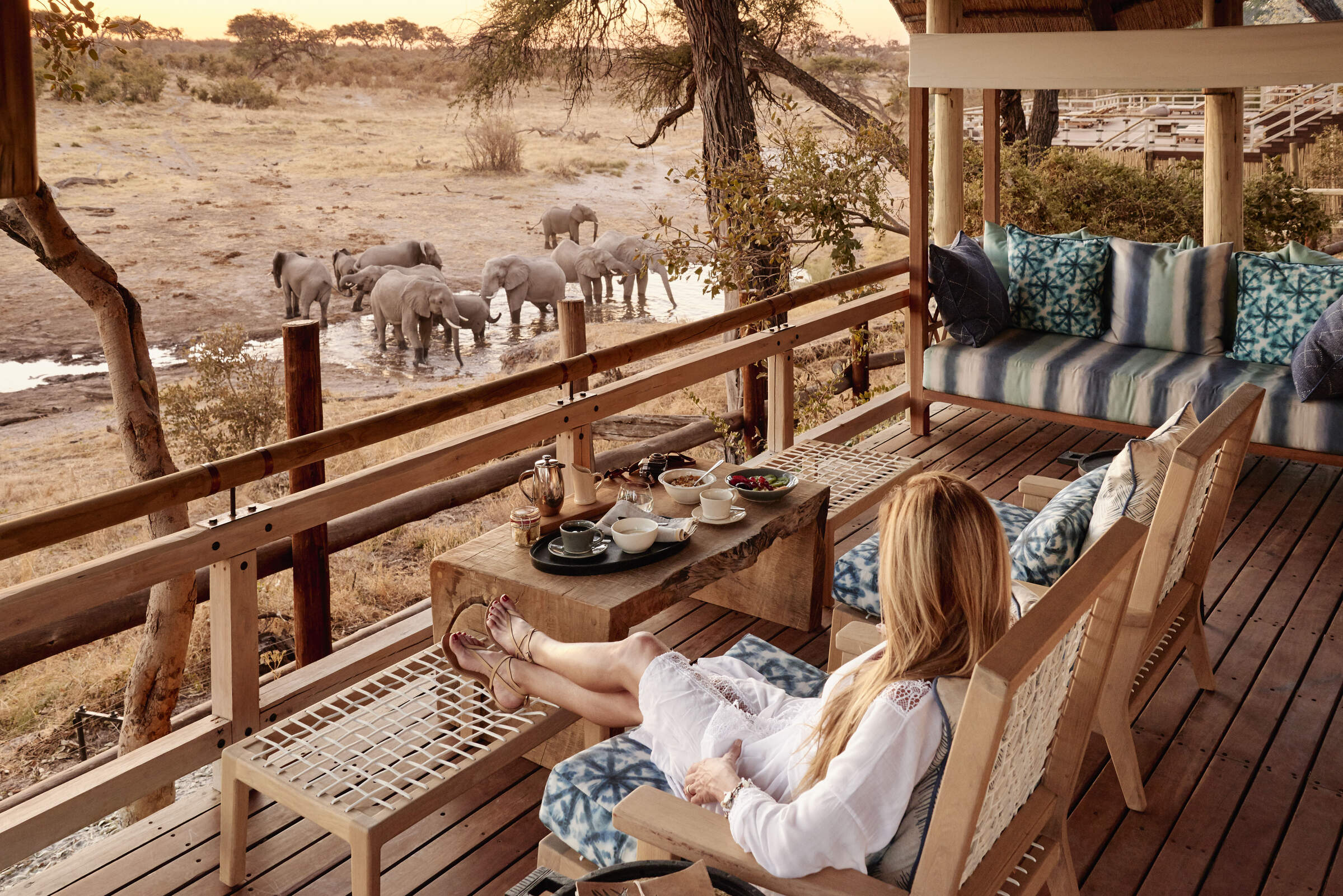
Savute Elephant Lodge
Savute Elephant Lodge is a luxurious camp on the banks of the now flowing Savuti Channel. This is a classic big-game area, although its location within Chobe National Park does limit the activities which are possible here.
When to go to Chobe National Park
Our month by month guide: What it's like to visit Elephant Valley Lodge in Chobe National Park
Jan
Feb
Mar
Apr
May
Jun
Jul
Aug
Sep
Oct
Nov
Dec
Chobe National Park in January
January marks the peak of the rainy season in Chobe National Park. Evening rains are typically brief but heavy, often accompanied by thunderstorms. While temperatures remain high, they are slightly cooler compared to earlier months. Wildlife tends to be more dispersed, making it harder to spot animals. Big game densities near the Chobe Riverfront are relatively low, but some resident species, like giraffes, are accustomed to vehicles and can appear so relaxed that they seem almost tame.
The Savuti Marsh becomes lush and green, attracting herbivores. Migratory birds abound throughout the park, with the Linyanti Marsh being particularly rich in birdlife during this period. January is an excellent time for visitors interested in lush landscapes and diverse birdlife. Lower rates at many lodges make this a good time to visit on a more moderate budget.
- Warm temperatures with occasional thunderstorms
- Birdlife at its most spectacular in Chobe
- Big game dispersed across the park
- Seek most wildlife away from the river
- Good availability and rates in Chobe’s lodges and camps
Our view
A good time to visit, with pros & cons
Weather in January
Chobe National Park in February
February in Chobe National Park is similar to January, with heavy rains most days, often towards evening. The landscape is green and alive, with insects and smaller animals more easily seen. Many birds and animals are raising their young, especially in the Linyanti and Savuti areas, making for lovely family group sightings. The Chobe River swells, creating a spectacular landscape and attracting diverse wildlife. However, the rains create pools and waterholes in the bush, which combined with thicker vegetation makes it harder to spot larger animals.
The Chobe Riverfront area still offers a good wildlife experience as although much big game has moved away, the animals that remain are often more relaxed. Boat cruises on the Chobe River provide excellent opportunities to observe wildlife from a different perspective. Visitor numbers remain low, with good rates and more availability in camps and lodges.
- Warm with occasional thunderstorms in Chobe
- Vegetation running riot; smaller wildlife thriving
- Many animals with young in the park
- Big game dispersed throughout Chobe
- Low visitor numbers, good camp availability
Our view
This is not a great time to visit
Weather in February
Chobe National Park in March
March typically marks the end of the main rainy season in Chobe National Park, with showers gradually tapering off. Many days are characterised by clear skies, intense sunshine, and rising temperatures. Short afternoon thunderstorms may still occur, while the park's landscape remains lush and vibrant. During this time, many birds and animals complete the process of raising their young. The Savuti Marsh area becomes particularly fascinating as predators exploit the vulnerability of the young and weaker prey.
The Chobe River levels start to stabilise, offering excellent boat safari opportunities. March can also be a good time to explore the Linyanti area, where many animals congregate as other water sources begin to dry up. With fewer visitors in most areas, rates are still be relatively low at lodges and safari camps.
- Variable weather, rains tailing off in Chobe
- Occasional small thunderstorms in the park
- Many animals finish raising young in Chobe
- Birdlife still spectacular along Chobe River
- Few tourists, often lower rates in lodges
Our view
A good time to visit, with pros & cons
Weather in March
Chobe National Park in April
During April, rains in Chobe National Park have usually stopped, though there may still be the odd afternoon downpour. This results in clear skies and a lovely green, lush landscape. Night-time temperatures start to drop, and are especially noticeable in the Savuti area. The Chobe Riverfront begins to flourish at this time, with the numbers of elephants and other wildlife gradually increasing along the river.
The Savuti region is a particular favourite during this time, with good predator-prey interactions on display. April marks the beginning of the shoulder season for many camps, so rates are on the rise but still relatively moderate. This is an excellent time for photographic safaris, as the air is clear and the landscape still green.
- Cooler evenings, occasional showers in Chobe
- Northern Chobe lush and green
- Good predator-prey interaction observable
- Savuti area best for wildlife viewing
- Popular shoulder season, relatively low rates
Our view
A good time to visit, with pros & cons
Weather in April
Chobe National Park in May
May is a very popular month to visit Chobe National Park, often the last month of the shoulder season before camp rates hit their peak. While there is very little chance of rain, the annual floods from Angola start to make their way through the northern part of the park. With cooler temperatures in the morning and evening, predator activity tends to be higher, especially in the Savuti and Linyanti areas.
The Chobe Riverfront becomes busier with wildlife as water dries up elsewhere, making it an excellent time for boat cruises on the Chobe River, where close encounters with elephants and other wildlife are a real treat. Away from the water, game drives in the park's interior become more rewarding as vegetation thins out and sightings improve. May is a favourite time for many visitors, and camp bookings throughout Chobe are start to be snapped up quickly.
- Cool mornings and evenings, little rain in Chobe
- Game viewing beginning to improve
- Predator activity increasing in Savuti
- Last month of shoulder season for most camps
- Availability decreases throughout Chobe
Our view
A very good time to visit
Weather in May
Chobe National Park in June
June marks the real start of the dry season in Chobe National Park. Temperatures are cool in the mornings and evenings, occasionally reaching freezing at night, and rising to 25-30°C/77-86°F during the day. This brings a certain clarity to the air and clear blue skies, making it a favourite month for serious photographers. Surface water and smaller natural waterholes are now drying up, leading wildlife to congregate around the remaining large water sources, including the Chobe River.
Visibility improves as the grass dies back, making game viewing very good throughout the park. The Savuti Channel and Linyanti areas see increased predator activity. June is an excellent time for both land and water-based safaris in Chobe, so not surprisingly, camp availability becomes scarce and rates climb.
- Warm days, cold nights in Chobe National Park
- Excellent conditions for wildlife photography
- Animals congregating at Chobe River
- Grasses dying back, improving visibility
- Peak season begins, rates increase
Our view
Fantastic: the very best time to visit
Weather in June
Chobe National Park in July
July in Chobe National Park offers cold evenings and mornings, combined with great daytime game viewing; this makes it one of the most popular times to visit. Vegetation is really thinning out, making game ever-easier to spot, with the few remaining waterholes attracting large congregations of wildlife species. The Chobe Riverfront is increasingly rewarding, with large herds of elephants and buffalo congregating along the river.
However, this area is now becoming busy with visitors. Game viewing is good in the Savuti area too, with frequent predator sightings. The Linyanti Marsh attracts diverse wildlife, including rare species like wild dogs. Camps are now very much into the peak season and tend to be full. Advance booking is essential for popular lodges and camps.
- Comfortable days, cold nights in Chobe
- Excellent game viewing as vegetation dies back
- Chobe Riverfront becomes busy with wildlife
- Private concessions offer exclusive experiences
- Peak season, higher rates in lodges
Our view
Fantastic: the very best time to visit
Weather in July
Chobe National Park in August
August is a favourite time for visiting Chobe National Park, as it aligns with the European and North American summer holidays. Camps tend to fill up quickly, so booking well in advance is essential. Daytime temperatures are pleasantly warm, perfect for outdoor activities; nights can be chilly, but the clear, cloudless skies also provide stunning opportunities for stargazing.
Wildlife is now congregating around the remaining water sources, especially along the Chobe River, making it a fantastic time for game viewing. If the Savuti Channel is flowing, it becomes a magnet for a variety of wildlife. This is one of the prime months to witness the park’s iconic large elephant herds. A boat cruise on the Chobe River offers up-close views of wildlife, including hippos and crocodiles.
With crystal-clear skies and animals congregating near water, August is an excellent time for photography safaris.
- Dry, warm days and cool nights in Chobe
- Spectacular stargazing opportunities
- Fantastic wildlife watching along Chobe River
- Large elephant herds visible at waterholes
- Peak season, high rates and limited availability
Our view
Fantastic: the very best time to visit
Weather in August
Chobe National Park in September
September is another very popular month to visit Chobe National Park. Days are warming up, while nights remain refreshingly cool. With drier conditions, most of the greenery has faded from the landscape, and photographers may find the haze from dust or smoke challenging, but it sets the stage for breathtaking sunsets.
Game viewing in September is exceptional, with large herds of elephants and buffalo gathering in the Chobe region. The Savuti and Linyanti areas also offer excellent predator sightings, and migratory birds begin to return, adding vibrant flashes of colour and adding to the park’s biodiversity.
Water-based activities on the Chobe River, such as boat cruises, are particularly rewarding, offering close-up views of animals coming to drink. Accommodation in camps and lodges is in high demand, with rates remaining at a premium, so early bookings are essential.
- Warmer days, cool nights in Chobe National Park
- One of the best months for wildlife viewing
- Large elephant and buffalo herds by Chobe River
- Hazy conditions create brilliant sunsets
- High season rates, many lodges and camps fully booked
Our view
Fantastic: the very best time to visit
Weather in September
Chobe National Park in October
October is typically the hottest and driest month in Chobe National Park. Towards the end of the month, the likelihood of rain increases, bringing a rise in humidity. The air is often dry and hazy, which can make photography more challenging, but the scarcity of water and vegetation leads to excellent opportunities for spotting big game. The Chobe Riverfront becomes a prime gathering spot for wildlife, particularly impressive herds of elephants.
In the Savuti area, predator-prey interactions are frequently observed around the remaining waterholes. Water levels are significantly lower by this time, meaning water-based activities like boating and fishing are limited to major tributaries. October is an ideal month for walking safaris, especially during the cooler morning hours. Despite the intense heat, it remains a prime time for wildlife enthusiasts eager to witness concentrated animal activity.
- Hot temperatures in Chobe, chance of late rain
- Excellent big game viewing opportunities
- Water activities limited as levels can be low
- Hazy conditions less ideal for photographers
- Final month of peak season in Chobe camps
Our view
Fantastic: the very best time to visit
Weather in October
Chobe National Park in November
November typically signals the end of the dry season in Chobe National Park. Rising temperatures bring increased humidity, leading to the arrival of the first rains. These showers are often brief but heavy, occurring in the late afternoon or at night, and can be quite dramatic. The rains provide a welcome relief, slightly cooling the temperatures and transforming the parched landscapes into vibrant shades of green.
As waterholes begin to replenish, wildlife starts to disperse across the park. Birdwatching is particularly rewarding this month, with the arrival of many migratory species, especially in the Linyanti Marsh area. The first half of November is a favourite among travellers, offering exceptional game viewing at more reasonable rates as Chobe enters its shoulder season.
- Hot days, increasing humidity in Chobe
- Heavy showers more likely as month progresses
- Wildlife watching good but less predictable
- Migrant birds arrive in Chobe National Park
- Shoulder season brings mid-range lodge rates
Our view
A good time to visit, with pros & cons
Weather in November
Chobe National Park in December
By December, the rains in Chobe National Park are underway, providing relief from the intense heat. While game viewing becomes more challenging as animals spread out, excellent sightings can still be enjoyed along the Chobe Riverfront and in the Savuti Marsh. The rains bring a vibrant transformation to the landscape, with fresh greenery creating beautiful scenery. This is also a fantastic time for bird enthusiasts, as numerous migratory species make their presence known.
The Linyanti area becomes especially lush, drawing a variety of wildlife. December is ideal for those eager to see newborn animals, as many species give birth during this time. Boat cruises on the Chobe River offer a refreshing way to observe wildlife and enjoy the scenery. With low-season rates at many camps, December is an appealing option for budget-conscious travellers looking to experience the park’s beauty.
- Temperatures falling from October-November highs
- High chance of rain in Chobe National Park
- Wildlife more dispersed across the park
- Game viewing more challenging but rewarding
- Typically low-season rates in Chobe camps
Our view
A good time to visit, with pros & cons
Weather in December

Looking for inspiration on where to travel next?
Visit our trip chooser to explore your options and find inspiration for your perfect African adventure
Inspire me